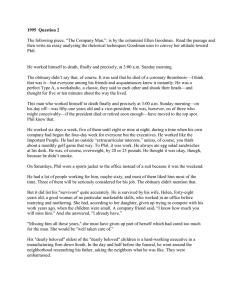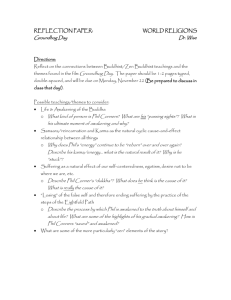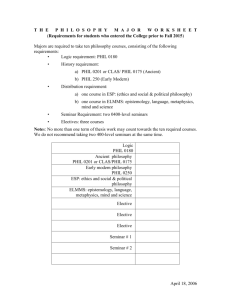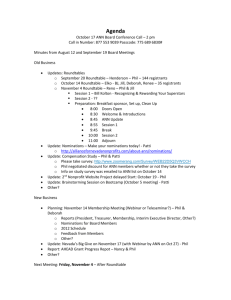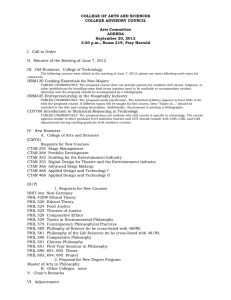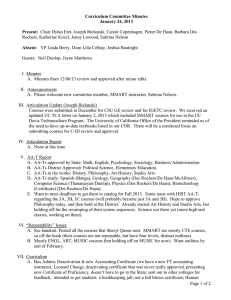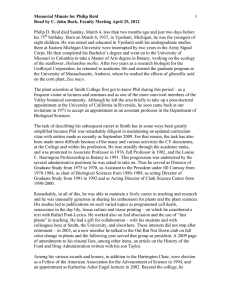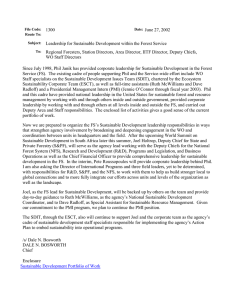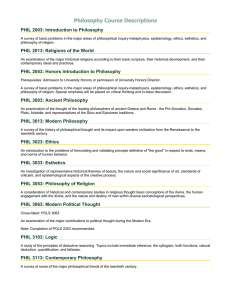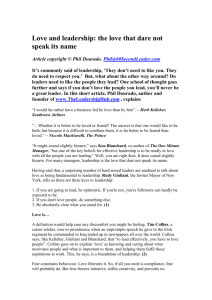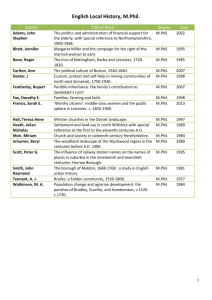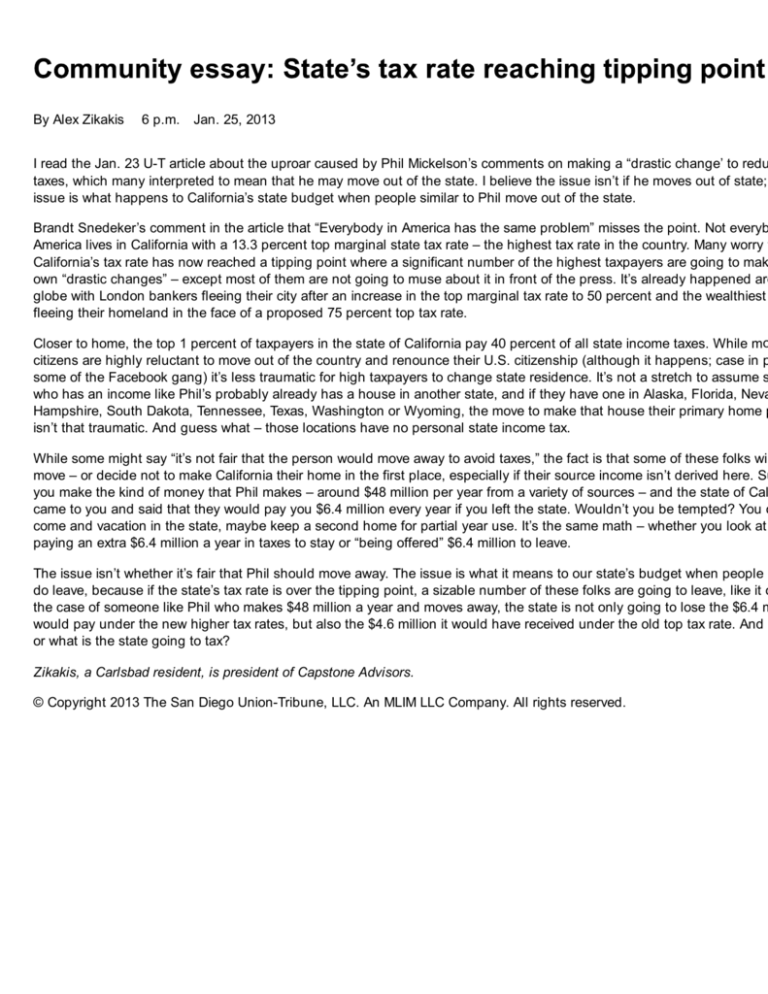
By Alex Zikakis
6 p.m.
Jan. 25, 2013
I read the Jan. 23 U-T article about the uproar caused by Phil Mickelson’s comments on making a “drastic change’ to redu
taxes, which many interpreted to mean that he may move out of the state. I believe the issue isn’t if he moves out of state;
issue is what happens to California’s state budget when people similar to Phil move out of the state.
Brandt Snedeker’s comment in the article that “Everybody in America has the same problem” misses the point. Not everyb
America lives in California with a 13.3 percent top marginal state tax rate – the highest tax rate in the country. Many worry t
California’s tax rate has now reached a tipping point where a significant number of the highest taxpayers are going to mak
own “drastic changes” – except most of them are not going to muse about it in front of the press. It’s already happened aro
globe with London bankers fleeing their city after an increase in the top marginal tax rate to 50 percent and the wealthiest
fleeing their homeland in the face of a proposed 75 percent top tax rate.
Closer to home, the top 1 percent of taxpayers in the state of California pay 40 percent of all state income taxes. While mo
citizens are highly reluctant to move out of the country and renounce their U.S. citizenship (although it happens; case in p
some of the Facebook gang) it’s less traumatic for high taxpayers to change state residence. It’s not a stretch to assume s
who has an income like Phil’s probably already has a house in another state, and if they have one in Alaska, Florida, Neva
Hampshire, South Dakota, Tennessee, Texas, Washington or Wyoming, the move to make that house their primary home p
isn’t that traumatic. And guess what – those locations have no personal state income tax.
While some might say “it’s not fair that the person would move away to avoid taxes,” the fact is that some of these folks wi
move – or decide not to make California their home in the first place, especially if their source income isn’t derived here. Su
you make the kind of money that Phil makes – around $48 million per year from a variety of sources – and the state of Cal
came to you and said that they would pay you $6.4 million every year if you left the state. Wouldn’t you be tempted? You c
come and vacation in the state, maybe keep a second home for partial year use. It’s the same math – whether you look at
paying an extra $6.4 million a year in taxes to stay or “being offered” $6.4 million to leave.
The issue isn’t whether it’s fair that Phil should move away. The issue is what it means to our state’s budget when people
do leave, because if the state’s tax rate is over the tipping point, a sizable number of these folks are going to leave, like it o
the case of someone like Phil who makes $48 million a year and moves away, the state is not only going to lose the $6.4 m
would pay under the new higher tax rates, but also the $4.6 million it would have received under the old top tax rate. And
or what is the state going to tax?
Zikakis, a Carlsbad resident, is president of Capstone Advisors.
© Copyright 2013 The San Diego Union-Tribune, LLC. An MLIM LLC Company. All rights reserved.


